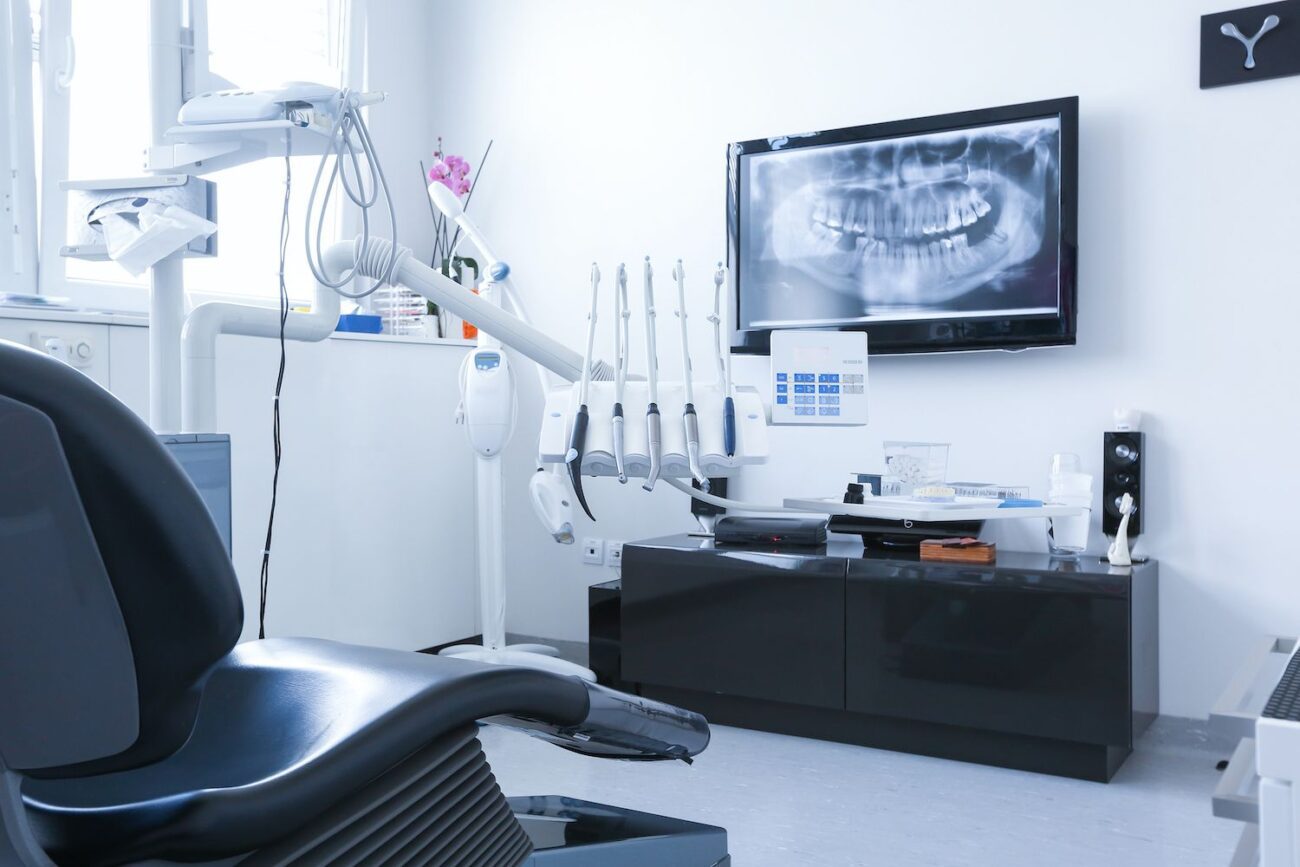As soon as you grow your first baby teeth, it is recommended that you begin visiting your dentist’s office on a routine basis. You may recall needing regular dental visits to have your teeth cleaned, repaired, and to receive dental education as you grew up. But as we enter adulthood, many begin to wonder how necessary is it really to see your dentist for check-ups – and how often do I need to go?
For many reasons, the answer is yes. It is still necessary to attend regular check-ups with your dental professional, even as an adult. Routine dental visits are crucial for preventative oral health care. Without this regular preventative dental attention, you could face a number of risks to the appearance, health, and function of your smile.
But how often do you need to undergo routine dental care in order to maintain a healthy smile? Discover details about the frequency and importance of regular visits to your dentist’s office by reading on.

What Occurs During a Routine Dental Appointment?
You may feel more encouraged to attend a routine dental appointment when you know about the important oral health care that you will receive during the visit. One service that you can expect as a patient of record is to have your teeth cleaned regularly by your dental hygienist.
Even if you practice diligent oral hygiene at home by brushing and flossing, it is normal to occasionally miss some areas of dental plaque. Plaque that gets missed during daily care can quickly become fixed to the tooth surface and will no longer be removed with your toothbrush and floss.
This means that your dental hygienist must routinely use special tools to scrape the hardened plaque (also called tartar, or dental calculus) from tricky locations, like between the teeth around the gumline. If this is not regularly performed preventatively, the lingering dental plaque and bacteria will erode your dental structure and make you susceptible to a variety of dental issues, including gum disease and tooth decay.
The dentist will also perform an oral exam during this routine appointment. They check your teeth, gums, and oral tissues for signs of potential problems. If they can diagnose tooth decay, gum disease, and other issues promptly, they are able to then offer swift treatment to prevent lasting damage to your smile and further complications. Early detection and preventative care is a crucial step to avoid development of costly and extensive dental needs.
How Often Should I Attend Dental Check-Ups?
The average healthy dental patient should expect to require a routine dental check-up at least every six months. This establishes the ideal window to clean harmful bacteria on your smile before it causes significant deterioration in your teeth and ensures that your dental hygienist will have enough time to effectively reach all the areas of your teeth in one visit. It also allows the dentist to find dental concerns in an exam before they have a chance to progress and wreak serious havoc on your oral health.
Some dental patients might need to see their dentist on a more frequent basis. There are many factors such as age, diet, oral hygiene, and even crowded (or crooked) teeth that may be considered when determining the appropriate interval of time for your routine dental visits. Patients with gingivitis, gum disease, heavy tartar build-up, and those with certain underlying health issues may need to visit their dentist’s office every three or four times a year. Call your dentist to find the right preventative dental care plan for your unique smile.
What Should I Do During a Dental Emergency?
Even if you adhere to consistent, thorough, at-home and in-office preventative care for your smile, accidents can happen that hurt your oral health. You might sustain a blow to the face that knocks out or injures a tooth, for instance. While it is always preferred to work preventatively in dentistry, your dentist is equipped to help you if a dental problem should arise.
Do not wait until your next regularly scheduled dental check-up to tell your dentist about a dental incident or bothersome dental condition. It is recommended that you contact your dentist right away for an urgent evaluation of a dental emergency. They may ask you to come to their office for an emergency appointment, and they will determine if immediate intervention is necessary. If you notice changes in your smile, do not hesitate to tell your dentist, even if it occurs between your routine dental appointments.
